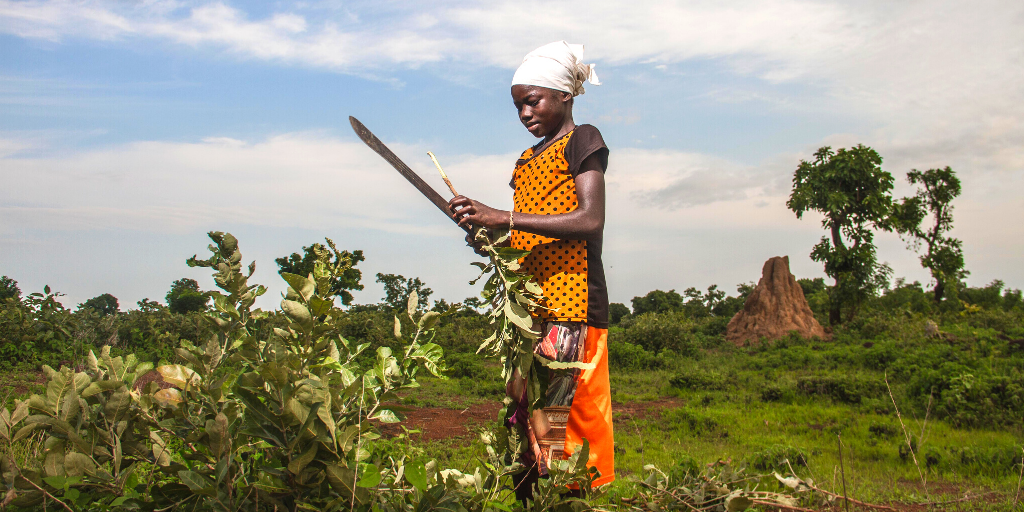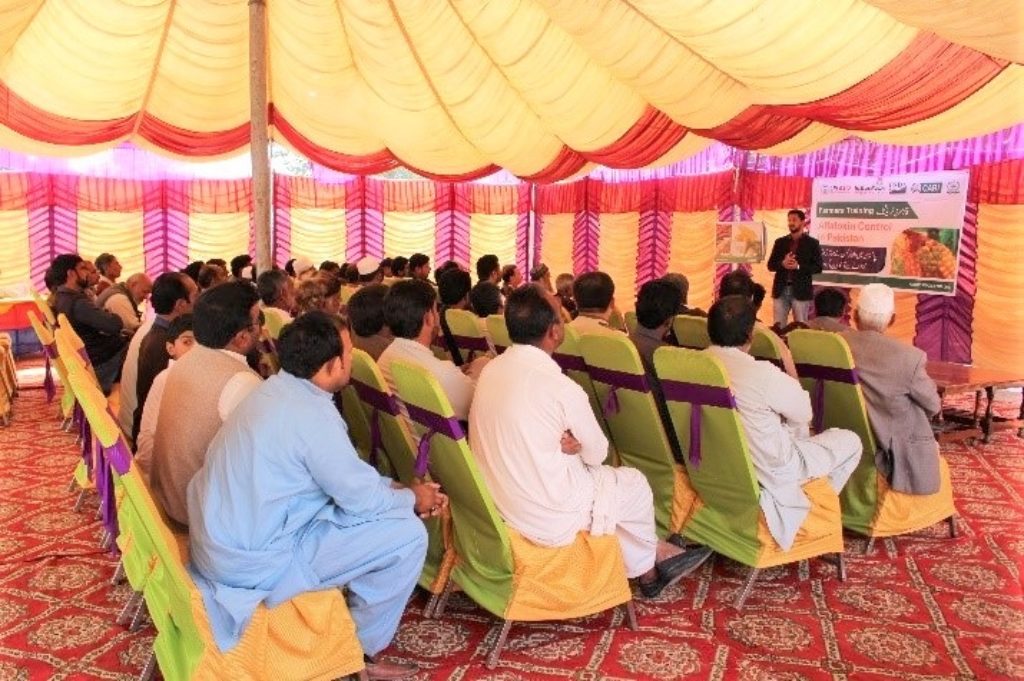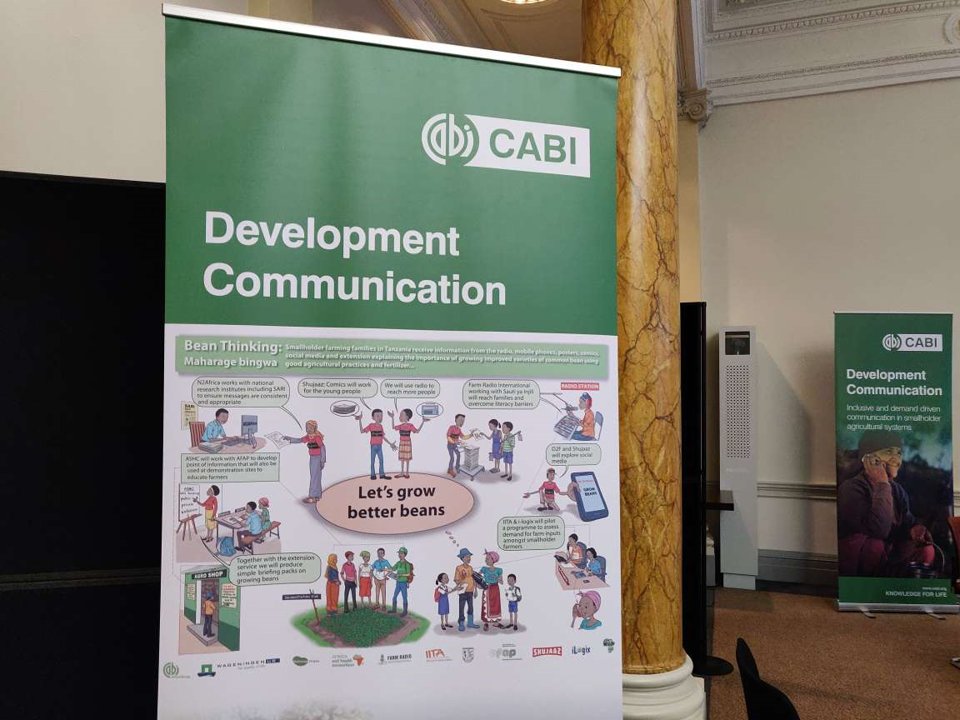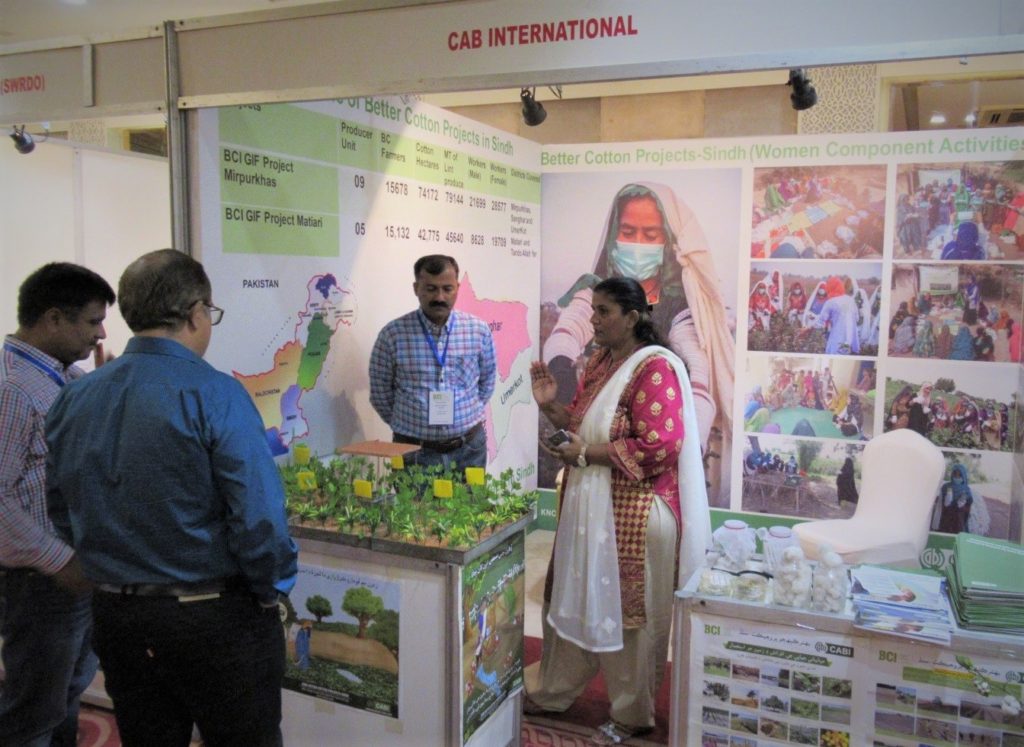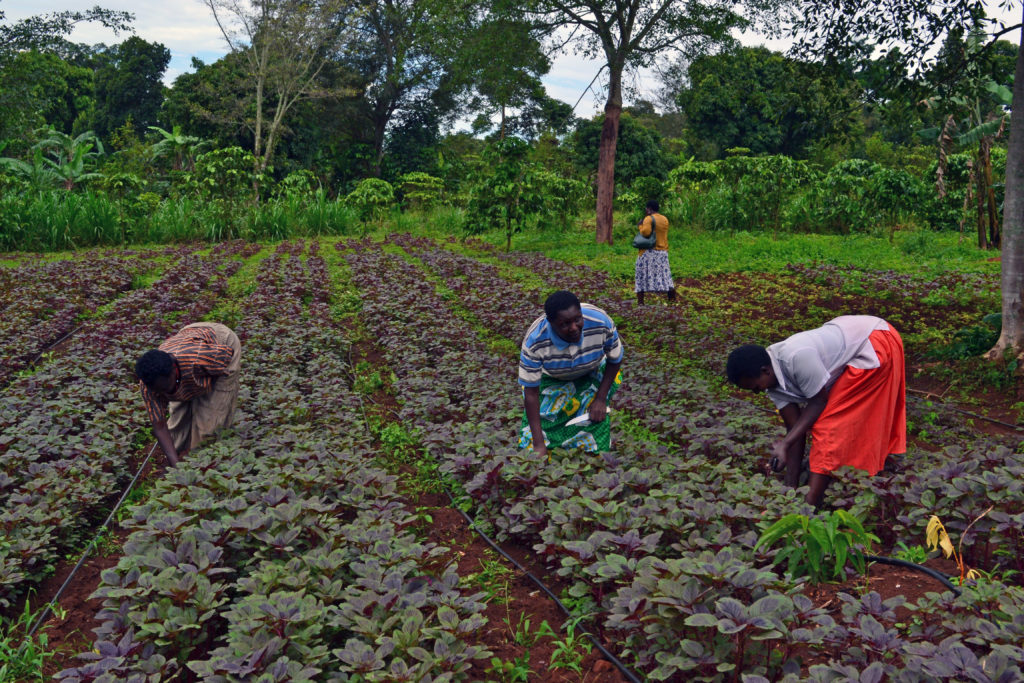When you picture a farmer, are they a woman?
CABI has today published a briefing, Empowering female farmers – Gender responsive programming, which is an overview of gender inequality in agriculture, its challenges and impacts, and how CABI is working to address these through its projects and implementation now and in the future.
Sensitizing maize growers of Punjab on aflatoxin biocontrol to produce quality crops for their communities
Dr Sabyan Faris Honey, CABI, and Deborah Hamilton, USDA Farmers in the Punjab province of Pakistan produce 85% of maize not only for the purpose of helping to ensure local and regional food security but also for export to high end markets. Due to the presence of aflatoxin levels above permissible limits (20ppb) in maize…
The Legume Alliance
Reblogged from N2Africa. Back in 2015, a group of like-minded organizations came together to explore the idea of forming an alliance to improve the information provided about improved legume techniques for farmers. The idea of this Legume Alliance was to test a new integrated approach to developing and sharing agricultural information. Farmers did not always…
CABI’s Dialogue in Agriculture brings experts together to share learning in development communication
At the end of November, CABI’s development communication team brought stakeholders and key partners together in the first event of its kind called - ‘Dialogue in Agriculture: Inclusive and demand-driven communication in smallholder agricultural systems’ - to share learning from recent communication campaigns in parts of Africa and Asia.
“Gender mainstreaming is important because both men and women have equal rights to have their voices heard”
CABI envisions a world in which women, youth, and marginalised communities are included and treated equally in agricultural production. In support of SDG5: Gender Equality, CABI is focused on empowering women in agriculture. As such, this year we welcomed a key new member of staff, Bethel Terefe, as CABI’s first Gender Coordinator. Bethel will be…
Cotton farmer reveals the benefits of sustainable pest management strategies in Pakistan
A cotton farmer from Pakistan has revealed how support from CABI, as part of the Better Cotton Initiative (BCI), is helping her implement more sustainable pest management strategies to protect her crops and produce higher and more profitable yields.
How African Indigenous Vegetables production in Uganda revealed empowered women but struggles in the private sector
African Indigenous Vegetables (AIVs) are a good source of essential vitamins and minerals including micro-nutrients, supplementary protein, fibre, and calories. However, despite their nutritional value, these vegetables have not been a high priority in food programmes. As a result, adequate resources have historically not been allocated to promote their production and consumption. This compounds the…
- « Previous
- 1
- 2
- 3

